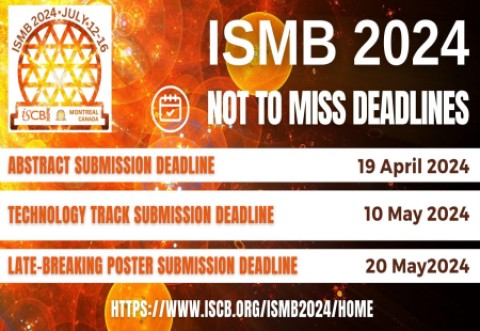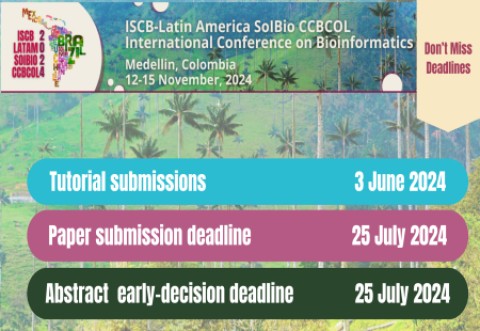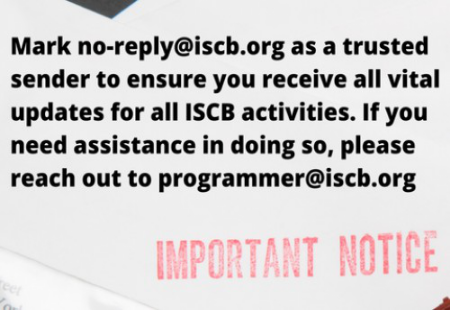
FASEB News - February 10, 2011
Contact: Cody Mooneyhan
This email address is being protected from spambots. You need JavaScript enabled to view it.
301-634-7104
Federation of American Societies for Experimental Biology
Salivary glands as organs of immunity: New research makes oral immunization easier to swallow
New research in the FASEB Journal suggests that vaccinating through salivary glands may provide protection against a wide range of diseases
If you don't like shots or needles, you're in luck. New research published online in The FASEB Journal (www.fasebj.org) gives the development of new oral vaccinations a shot in the arm thanks to discoveries involving the salivary glands of mice. In addition, this research report also offers a tantalizing glimpse of vaccines that could prevent infection at mucosal surfaces, even if direct injections into the body fail to cause immunity. This technique may be effective for a wide range of diseases from influenza to cholera.
"Our work highlights the ability of the salivary glands to act as an alternative mucosal route for administering vaccines, which would lead to protective immune responses both locally and systemically," said Lucille London, Ph.D., a researcher involved in the work from the School of Dental Medicine and Department of Oral Biology and Pathology at Stony Brook University in Stony Brook, NY. "Thus, in the future, salivary gland inoculation may become a clinically acceptable method in which to vaccinate groups of individuals against new and emerging pathogenic challenges."
To make this advance, the researchers studied two groups of mice. The first group received live cytomegalovirus directly into their salivary glands. These mice demonstrated an immune response in the salivary glands, and the researchers observed an increase in the number and types of cells associated with antibodies that were protective in the saliva. Importantly, these antibodies were also found in other mucosal secretions and in the serum of these mice, suggesting that these proteins spread to other locations in the body. Additionally, the researchers observed structural and functional changes in the immunized salivary glands, causing them to resemble lymph node-like structures commonly seen in injection-based immunizations. The second group of mice was given an inactive virus that did not cause an infection in the salivary glands. These mice demonstrated no active immune response when compared to the first group. When both sets of mice were exposed to the same virus at a later time, only the group immunized with an active virus was protected from future infection. This discovery opens the doors for similar research involving the use of weakened viruses to determine if they will also confer immunity through salivary glands.
"It's no fun for doctors or parents when kids struggle during routine immunization," said Gerald Weissmann, M.D., Editor-in-Chief of The FASEB Journal (www.fasebj.org) l. "It's even less fun when you are dealing with adults who are deathly afraid of shots in various parts of their body. This work shows that salivary glands may become the first line of defense in active and passive immunization."
###
Receive monthly highlights from The FASEB Journal by e-mail. Sign up at http://www.faseb.org/fjupdate.aspx. The The FASEB Journal (www.fasebj.org) is published by the Federation of the American Societies for Experimental Biology (FASEB) and celebrates its 25th anniversary in 2011. Over the past quarter century, the journal has been recognized by the Special Libraries Association as one of the top 100 most influential biomedical journals of the past century and is the most cited biology journal worldwide according to the Institute for Scientific Information.
FASEB comprises 23 societies with more than 100,000 members, making it the largest coalition of biomedical research associations in the United States. FASEB enhances the ability of scientists and engineers to improve—through their research—the health, well-being and productivity of all people. FASEB's mission is to advance health and welfare by promoting progress and education in biological and biomedical sciences through service to our member societies and collaborative advocacy.
Details: Jasvir S. Grewal, Mark J. Pilgrim, Suman Grewal, Laura Kasman, Phillip Werner, Mary E. Bruorton, Steven D. London, and Lucille London
Salivary glands act as mucosal inductive sites via the formation of ectopic germinal centers after site-restricted MCMV infection FASEB J fj.10-174656; doi:10.1096/fj.10-174656 ; www.fasebj.org/content/early/2011/02/09/fj.10-174656.abstract






























